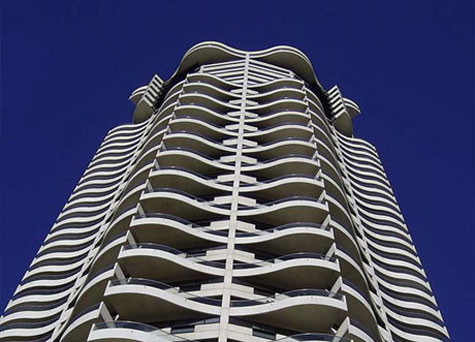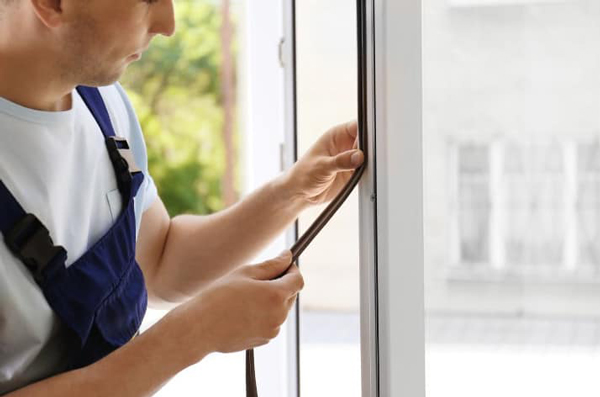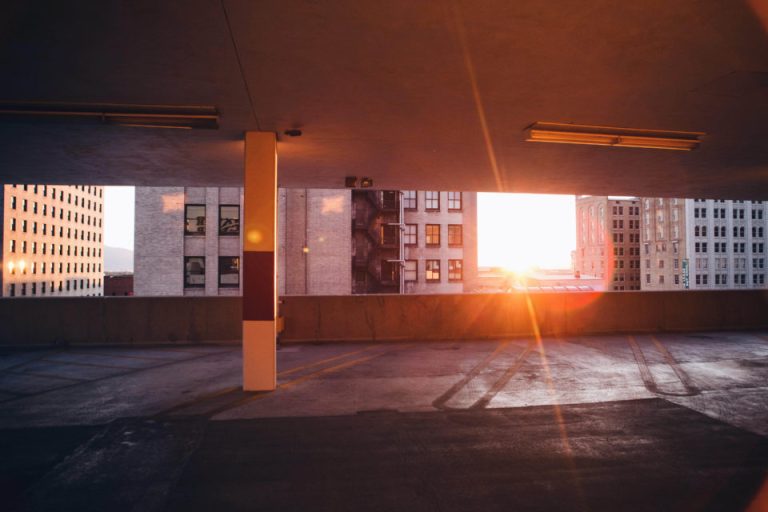September Newsletter 2021

DID YOU KNOW THAT PAPER CERTIFICATES
OF TITLE WILL BE ABOLISHED FROM
11TH OCTOBER 2021?
Dear Members,
The Registrar General of NSW Land Registry Services has announced another phase in the transition away from paper-based registration of land dealings and titles in New South Wales and 100% electronic conveyancing.
From 11th October 2021, paper or physical certificates of title will be abolished and these amendments will be effected through the Real Property Amendment (Certificates of Title) Act 2021.
All existing certificates of title will be cancelled and will no longer be issued. An “Information Notice” will be issued in lieu of a certificate of title for all property ownership in New South Wales including common property and lot property certificates of title.
Land dealings (such as by-law registrations/consolidations) will only be able to be carried out electronically by a subscriber such as a lawyer, licensed conveyancer or bank, through an electronic lodgement platform, such as PEXA.
NSWLR has further information – click here.
Stay Safe and Informed!
Regards,
Leanne Habib
CEO
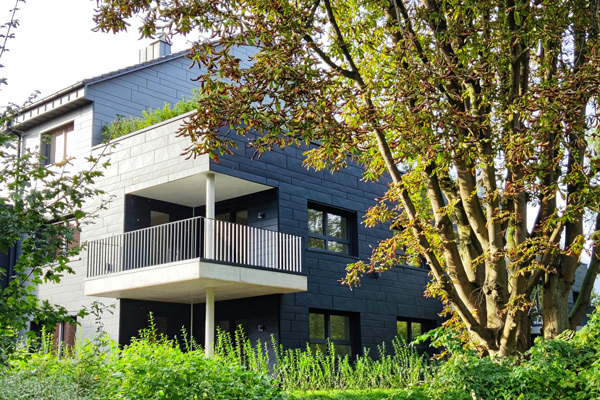
NSW: Q&A Strata Title Trees and Hedges – What Can & Can’t the OC do?
Question: One townhouse in our complex has a tree growing within their lot that is now covering a section of the roof and contributing to blocked gutters. Can you please confirm whether or not it is the unit owner or the Strata’s responsibility to prune the offending tree?
Answer: Once you determine where the tree sit, in lot property or common property, that will then determine the responsible party to prune that tree.
That’s a tricky one because you have to go back to the strata plan. The strata plan will generally define where the common property starts and finishes (the depth). Generally, they might say that the lot owner space is from the upper surface of the hard flooring or the tiled surface in a courtyard, (I’m assuming there’s a courtyard where the street is located), and then it might limit the height to two metres high or three metres high. If the tree exceeds the height limit that’s noted on the strata plan, it now becomes common property.
Let’s say the limited height is two metres and the tree is three metres high. The Owners Corporation will prune it back to two metres, then anything below two metres will be the owners responsibility because it’s going back into their lot space.
You’d need to go back to the strata plan and have a look at what the definition of lot property versus common properties is for the courtyard and the cubic air space within that courtyard to determine where the tree sits. Once you determine where the tree sit, in lot property or common property, that will then determine the responsible party to prune that tree.
This is assuming the tree is in a courtyard that is attached to an individual lot as opposed to a communal courtyard. If the tree is in a common courtyard, then the Owners Corporation is responsible to prune the tree back.

NSW: Q&A The Right to Access Your Strata Lot
Question: As a new owner can my building manager charge me $140 per access card x 4 to access my lot?
As a new owner can my building manager charge me $140 per access card x 4 to access my lot? The two access cards provided by the previous owner have been deactivated. My family of four are moving into a two bedroom unit on the 50th floor. I understand extra charges would apply if I lose my cards or need extras, but I can’t actually access my lot without these cards.
Answer: The Owners Corporation can’t restrict access to your lot.
The Owners Corporation would generally apply a fee for a swipe or a key that accesses common property. So the short answer is they can’t restrict access to your lot. So keys to your lot are within your jurisdiction and your responsibility. The Owners Corporation can only govern and control swipes to the common areas. Generally, it’s very common practice that an Owners Corporation will apply a fee to that swipe to the common areas. And by default, you obviously need that swipe to get into the building to then access your lot. So it’s very common and yes, they can.
If you, however, don’t have any key at all, if you’re a purchaser and a new owner be going back to your vendor to say ‘I need a swipe to access building and the property that I’ve just bought”. But if it’s an additional swipe, yes, the fee would also apply. So I would say yes, it is quite common but I think by the sounds of this question, Nikki, I think this particular owner might have settled without being given a key to the common areas, so I think thats a matter to go back to the vendor as opposed to the Owners Corporation because a swipe would have been provided at one time. And it just appears that the previous owner hasn’t passed that on to the incoming owner.
If it’s the other way around, ie the Owners Corporation had put in intercom system they haven’t given any swipes. I think it’s only fair that they give the first swipe at no cost, or they exchange it for the number of keys that you currently have. So that’s quite common in a lot of buildings where we instal a security system and they never had one previously (it was all keys), we would say ‘Ok, if you hand in two keys, you will get two swipes back. If you need an additional it will be an additional fee’. So I think it’s only fair that you would give them the swipes for the number of keys that they had previously.

NSW: Q&A Which ByLaws Apply to Our Strata Scheme?
Question: Can an existing Special ByLaw be amended without the legal cost of being re-written by a strata lawyer?
Can an existing Special ByLaw be amended without the legal cost of being re-written by a strata lawyer.
This bylaw outlines permission and the terms and conditions for owners to install ducted split air conditioning systems, roof ventilation, satellite dishes, security screens and pergola roofs. We would like this to be amended to also include Solar Panels.
Answer: If a bylaw is not worded correctly, or it’s not enforceable, then it’s like having no bylaw.
Anything is possible, there’s nothing to say that you need to get a lawyer to draft the bylaw. However, my very strong recommendation is that you engage a strata lawyer. I’m a big believer that these bylaws might appear to be straightforward, but they are worded in a way that lawyers are qualified to word.
Every bylaw has set out terms and conditions and definitions, and I will always define what works mean. It will mean, e.g. satellite, solar panel, etc. It might appear to be as simple as just amending that definition to include the solar panel work, but it could be other parts in that bylaw, that all connect that also need to be amended.
My strong recommendation is to have a lawyer amend the bylaw as required. Don’t try to copy bylaws for other works, and don’t try to amend bylaws.
The short answer is there’s no legal requirement where you must have a lawyer to draft the bylaw but it is highly highly recommended to have a lawyer draft the bylaw because the whole purpose of the bylaw is for you to rely on it as an Owners Corporation. If a bylaw is not worded correctly, or it’s not enforceable, then it’s like having no bylaw. You want to be in a position where you can enforce the bylaw if needed. That’s the whole purpose of having one.
ByLaw Review – Checking for harsh, unreasonable or unfair bylaws
This process gives you an opportunity to see if there were any other issues with the original bylaw. It’s a good opportunity now to amend it, especially because NSW Strata Legislation had changes back in 2015 addressing where bylaws can be harsh and unfair. The bylaw might be harsh and unfair, so it’s a good opportunity to have that reviewed.
For the full question and our detailed response, visit the original publication at Look Up Strata.
Do you have a question relating to your property or development? Contact us!
‘Liability limited by a scheme approved under Professional Standards Legislation’.
Leave us a Review
If you are a client of Premium Strata, we would greatly appreciate if you could leave us a google review of your positive experience about our team and work. If you have any feedback or require any assistance, please do not hesitate to contact us.


